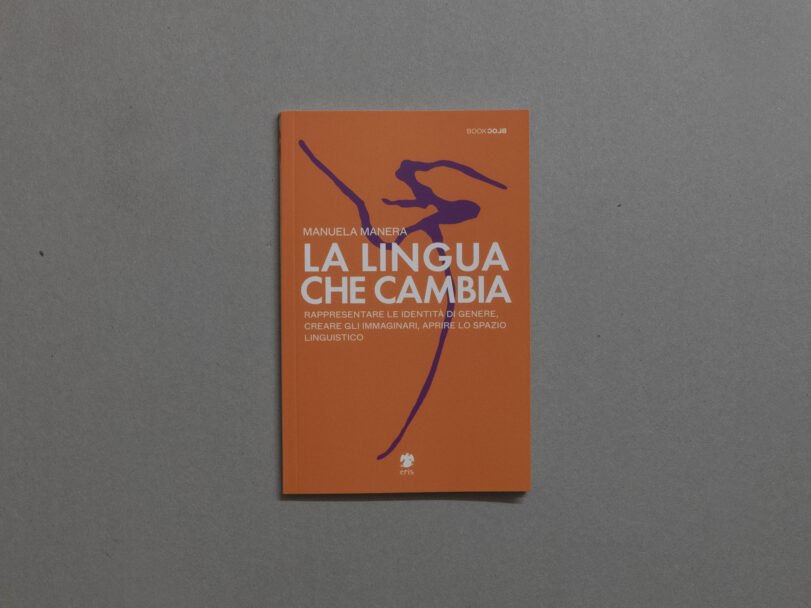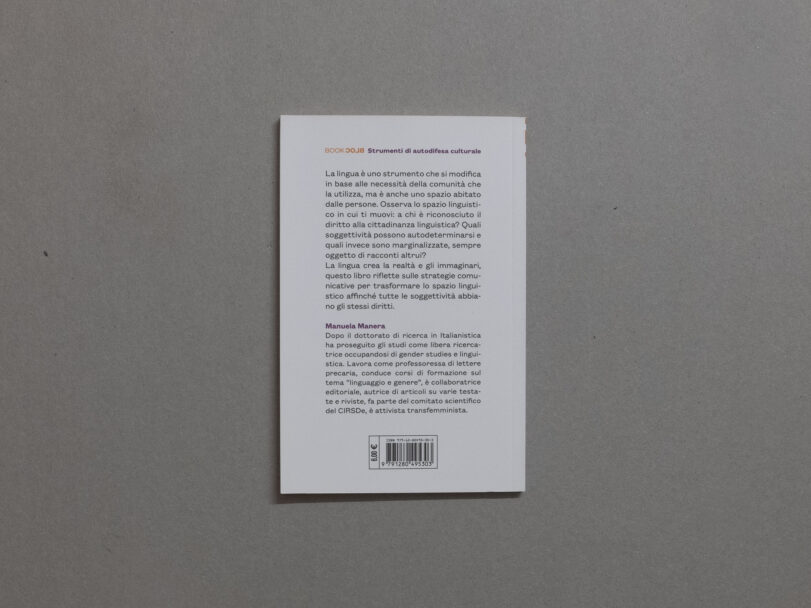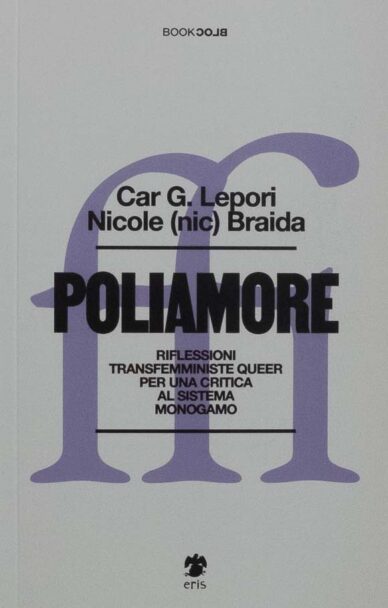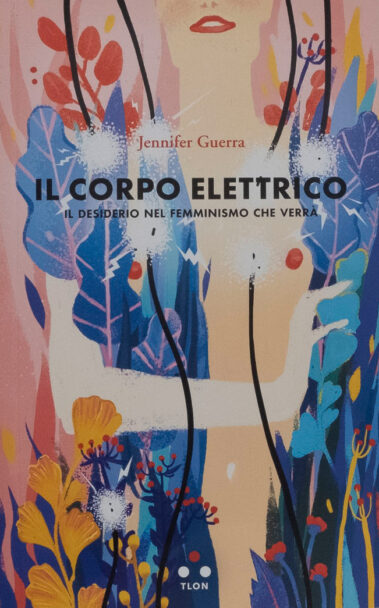
Manuela Manera, La lingua che cambia. Rappresentare le identità di genere, creare gli immaginari, aprire lo spazio linguistico, 2021
6 Euro
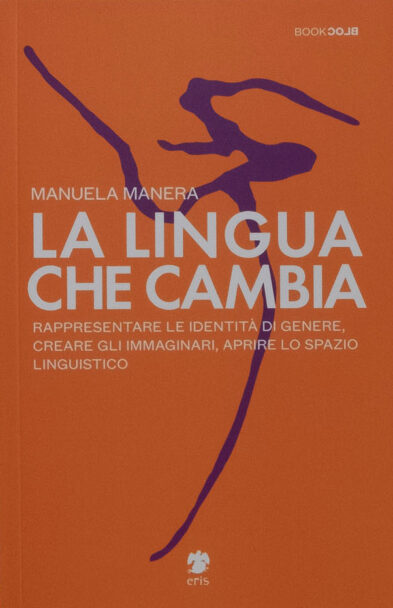
Out of stock
In recent years, the discussion on language and the use of asterisks and schwa has gained a prominent place in the collective debate. It is easy to turn up one’s nose at an asterisk or a schwa and say that “the problems are quite different” and there must be a reason why “it has always been said that way”. This is a view of language as something closed, defined, immutable, in which the masculine is always universal, the feminine subordinate, and anyone who steps outside the confines of this binarism can never be present in discourse and narratives. But this is not the case: language is a tool that grows and changes according to the needs of the community that uses it. Reality creates language, but language also creates reality. And language is also a space in which each person must be able to be. In the linguistic space that we inhabit and in which we move, who has the right to linguistic citizenship? Which subjectivities can self-determine and which are instead discriminated against and marginalised, the object of others’ narratives, hindered from speaking out authentically? In this book, Manuela Manera reflects on the importance of using language so that each person can feel included in discourses and narratives and on what strategies are possible to represent all subjectivities through language.
La lingua che cambia. Rappresentare le identità di genere, creare gli immaginari, aprire lo spazio linguistico, Manuela Manera
Eris, 2021
64 pagine
11×17 cm
Italiano
